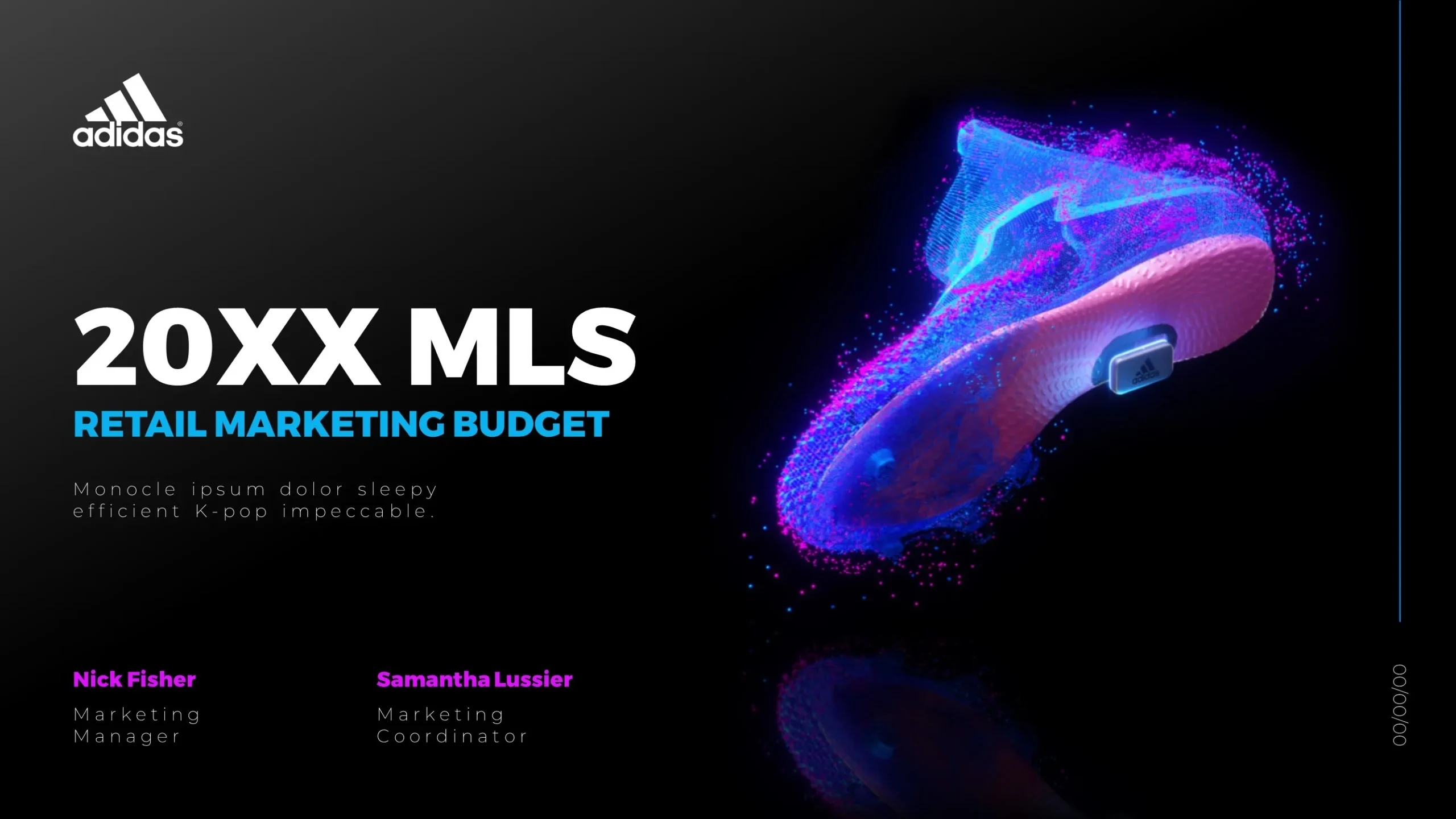In the field of ophthalmology, effective communication of clinical trial data is crucial for both academic and clinical audiences. Infographics serve as a powerful tool in this regard, allowing complex information to be distilled into easily digestible visual formats. By employing a combination of graphs, charts, and illustrations, ophthalmology presentations can enhance understanding and retention of key findings.
To maximize the impact of infographics in your presentations:
- Simplify Data Presentation: Use clear and concise visuals to represent data trends instead of overwhelming slides filled with text or numbers. For example, line graphs can illustrate changes in patient outcomes over time.
- Highlight Key Statistics: Use bold typography or contrasting colors to draw attention to significant results or comparisons that are critical for decision-making.
- Create Visual Narratives: Combine images with data points to tell a story about the trial’s progress and outcomes. This approach helps contextualize the findings within real-world scenarios faced by practitioners.
- Utilize Icons and Symbols: Incorporate relevant icons (like eye illustrations) that resonate with your audience while simplifying complex concepts related to ocular health.
- A/B Testing Visuals: If possible, conduct A/B testing on your infographics during smaller presentations or webinars to gather feedback on which formats resonate best with your audience before wider dissemination.
The goal is not just to present data but also to foster engagement among healthcare professionals who may need quick insights into clinical efficacy or safety profiles associated with treatment options. Leveraging infographics effectively can significantly enhance comprehension and retention during presentations focused on ophthalmic research findings.









